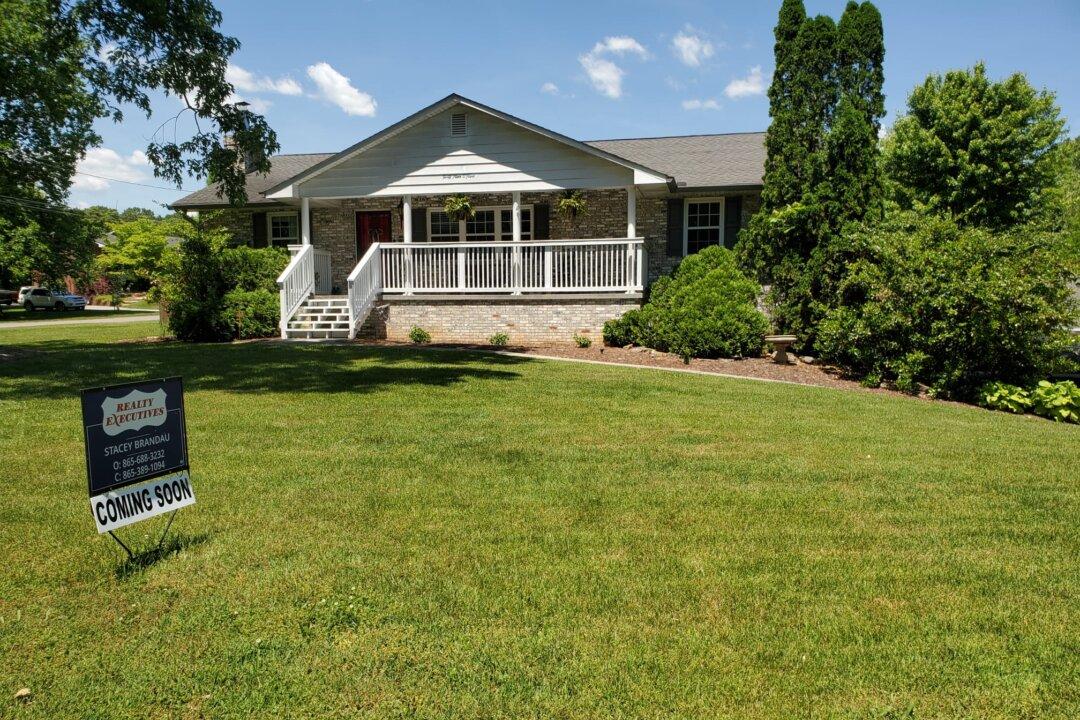Housing woes continue to plague U.S. homebuyers this year after purchase prices and rents hit unprecedented levels in 2021.
Meanwhile, locals in Tennessee have found themselves between a rock and a hard place because of inflated prices resulting from people moving in from other states. Many out-of-state buyers arrive from areas with more expensive housing markets and living costs and have driven up the cost of housing across the board in the Volunteer State.





